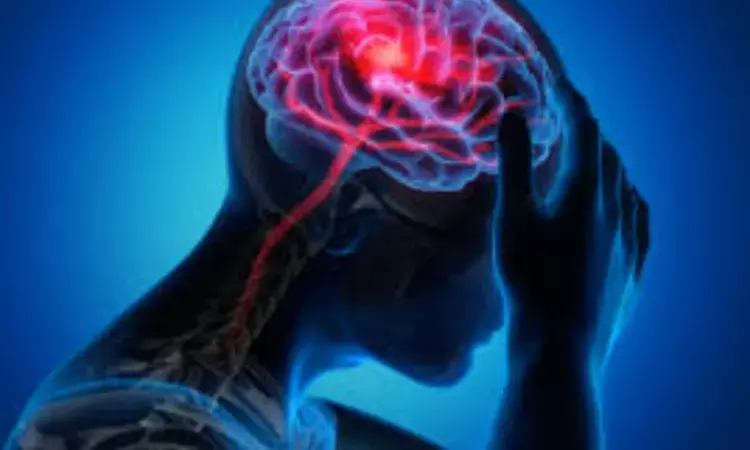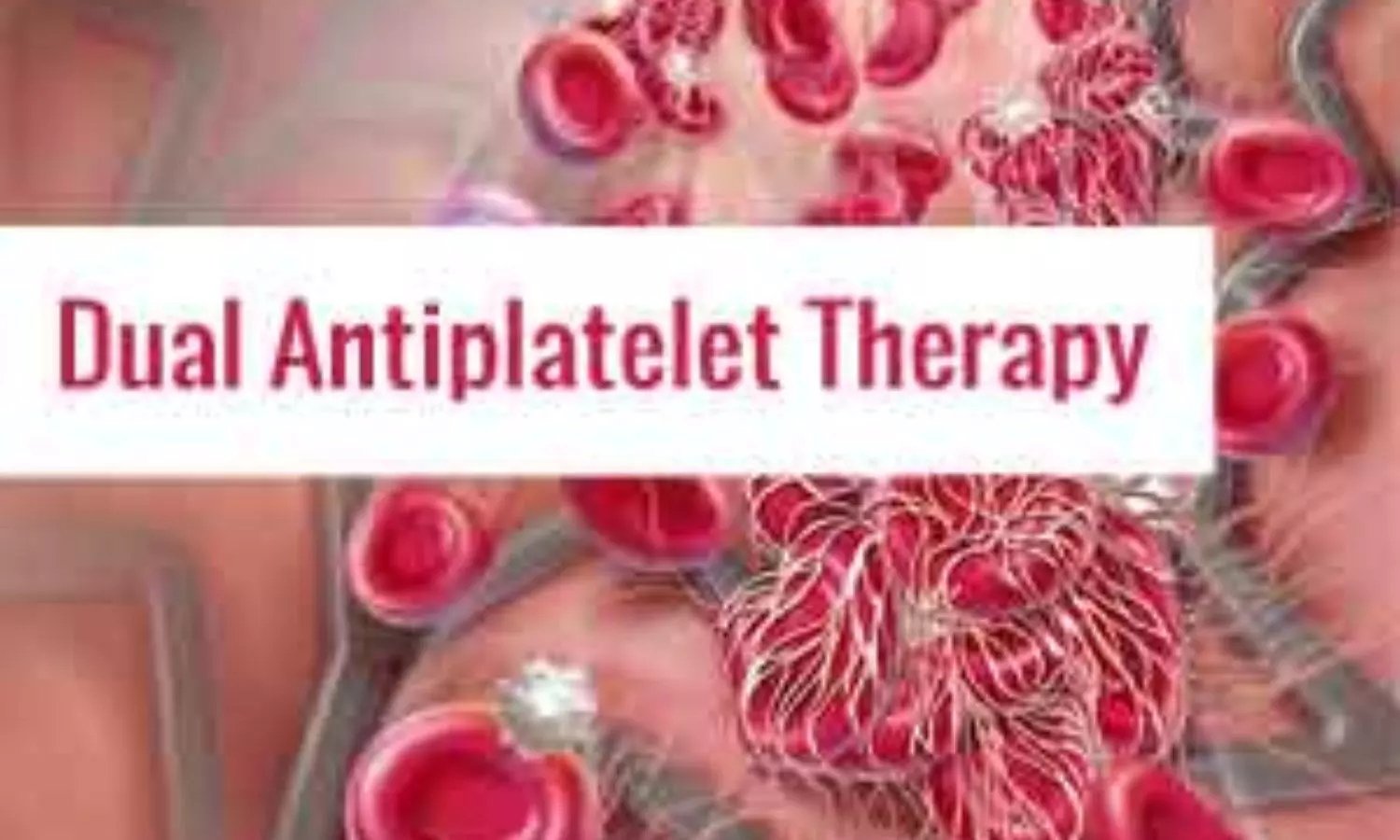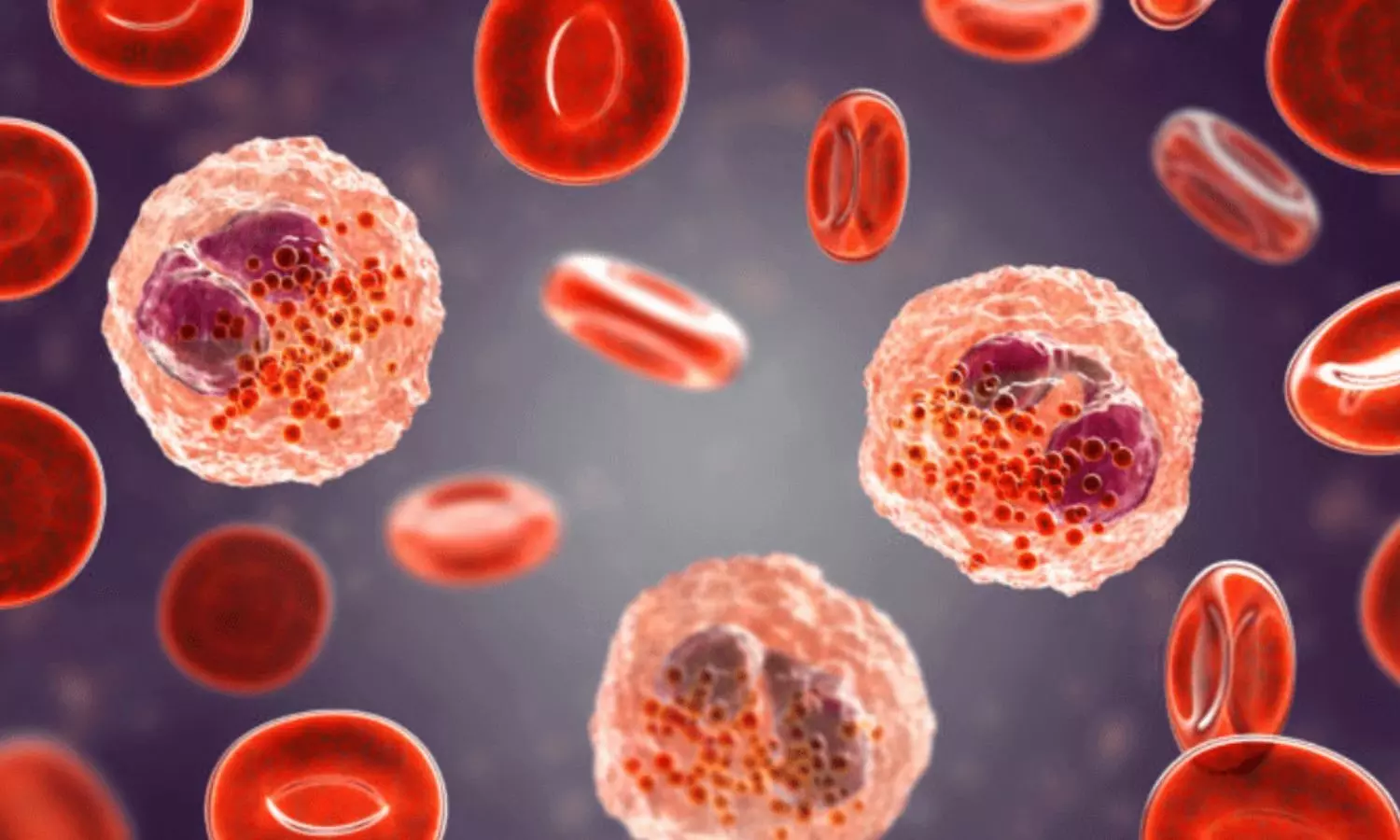- Home
- Medical news & Guidelines
- Anesthesiology
- Cardiology and CTVS
- Critical Care
- Dentistry
- Dermatology
- Diabetes and Endocrinology
- ENT
- Gastroenterology
- Medicine
- Nephrology
- Neurology
- Obstretics-Gynaecology
- Oncology
- Ophthalmology
- Orthopaedics
- Pediatrics-Neonatology
- Psychiatry
- Pulmonology
- Radiology
- Surgery
- Urology
- Laboratory Medicine
- Diet
- Nursing
- Paramedical
- Physiotherapy
- Health news
- Fact Check
- Bone Health Fact Check
- Brain Health Fact Check
- Cancer Related Fact Check
- Child Care Fact Check
- Dental and oral health fact check
- Diabetes and metabolic health fact check
- Diet and Nutrition Fact Check
- Eye and ENT Care Fact Check
- Fitness fact check
- Gut health fact check
- Heart health fact check
- Kidney health fact check
- Medical education fact check
- Men's health fact check
- Respiratory fact check
- Skin and hair care fact check
- Vaccine and Immunization fact check
- Women's health fact check
- AYUSH
- State News
- Andaman and Nicobar Islands
- Andhra Pradesh
- Arunachal Pradesh
- Assam
- Bihar
- Chandigarh
- Chattisgarh
- Dadra and Nagar Haveli
- Daman and Diu
- Delhi
- Goa
- Gujarat
- Haryana
- Himachal Pradesh
- Jammu & Kashmir
- Jharkhand
- Karnataka
- Kerala
- Ladakh
- Lakshadweep
- Madhya Pradesh
- Maharashtra
- Manipur
- Meghalaya
- Mizoram
- Nagaland
- Odisha
- Puducherry
- Punjab
- Rajasthan
- Sikkim
- Tamil Nadu
- Telangana
- Tripura
- Uttar Pradesh
- Uttrakhand
- West Bengal
- Medical Education
- Industry
Early DAPT initiation may prevent stroke recurrence in Mild Stroke and High-Risk TIA Patients: NEJM

In a groundbreaking clinical trial spanning 222 hospitals across China, researchers have discovered a potentially game-changing treatment for individuals with mild ischemic stroke or high-risk transient ischemic attack (TIA) of presumed atherosclerotic origin. The trial found that among patients with mild ischemic stroke or high-risk TIA of presumed atherosclerotic cause, combined clopidogrel–aspirin therapy initiated within 72 hours after stroke onset was associated with a lower risk of new stroke at 90 days compared to aspirin therapy alone.
The trial results were published in the journal The New England Journal of Medicine.
Initiating dual antiplatelet treatment within the first 24 hours following an acute mild stroke has demonstrated a reduction in the risk of recurrent stroke compared to aspirin alone. However, there is limited research on the comparative effects of clopidogrel plus aspirin versus aspirin when administered within 72 hours after acute cerebral ischemia resulting from atherosclerosis. Hence, researchers conducted a double-blind, randomized, placebo-controlled, two-by-two factorial trial to evaluate the effect of dual antiplatelet therapy on acute cerebral ischemia within 72 hours after the onset.
The trial was conducted in 222 hospitals in China by including patients who had mild ischemic stroke or high-risk TIA presumed to be caused by atherosclerosis and who had not undergone thrombolysis or thrombectomy. Patients were randomly assigned to receive either clopidogrel plus aspirin or matching clopidogrel placebo plus aspirin. The treatment was initiated within 72 hours after the onset of symptoms.
The primary efficacy outcome was the occurrence of a new stroke within 90 days. The primary safety outcome was moderate-to-severe bleeding within 90 days.
Findings:
- A total of 6,100 patients were included in the study, with 3,050 assigned to each trial group.
- Thirteen percent of patients had a qualifying event of transient ischemic attack (TIA) for enrollment.
- Among the participants, 12.8% were allocated to a treatment group within 24 hours of stroke onset, while 87.2% were assigned between 24 and 72 hours after the onset of stroke.
- Within the clopidogrel–aspirin group, 7.3% experienced a new stroke, compared to 9.2% in the aspirin group (hazard ratio, 0.79; 95% confidence interval [CI], 0.66 to 0.94; P=0.008).
- The occurrence of moderate-to-severe bleeding was reported in 0.9% of patients in the clopidogrel–aspirin group and 0.4% in the aspirin group (hazard ratio, 2.08; 95% CI, 1.07 to 4.04; P=0.03).
Thus, The results, considered a breakthrough in stroke management, demonstrated a clear advantage for patients treated with the combination of clopidogrel and aspirin. This research addresses a critical gap in our understanding of the optimal therapeutic approach for mild ischemic stroke and high-risk TIA patients, particularly in the context of atherosclerosis. The findings underscore the potential benefits of initiating combined clopidogrel–aspirin therapy within the early hours following symptom onset, showcasing a tangible reduction in the risk of recurrent strokes.
In conclusion, this groundbreaking trial sheds light on a novel treatment approach that could redefine the standard of care for mild ischemic stroke and high-risk TIA patients. As medical professionals and researchers continue to analyze and build upon these findings, the potential impact on stroke management and prevention could be substantial, offering renewed hope for those at risk of recurrent cerebrovascular events.
Further reading: Dual Antiplatelet Treatment up to 72 Hours after Ischemic Stroke. N Engl J Med 2023; 389:2413-2424. 10.1056/NEJMoa2309137
BDS, MDS
Dr.Niharika Harsha B (BDS,MDS) completed her BDS from Govt Dental College, Hyderabad and MDS from Dr.NTR University of health sciences(Now Kaloji Rao University). She has 4 years of private dental practice and worked for 2 years as Consultant Oral Radiologist at a Dental Imaging Centre in Hyderabad. She worked as Research Assistant and scientific writer in the development of Oral Anti cancer screening device with her seniors. She has a deep intriguing wish in writing highly engaging, captivating and informative medical content for a wider audience. She can be contacted at editorial@medicaldialogues.in.
Dr Kamal Kant Kohli-MBBS, DTCD- a chest specialist with more than 30 years of practice and a flair for writing clinical articles, Dr Kamal Kant Kohli joined Medical Dialogues as a Chief Editor of Medical News. Besides writing articles, as an editor, he proofreads and verifies all the medical content published on Medical Dialogues including those coming from journals, studies,medical conferences,guidelines etc. Email: drkohli@medicaldialogues.in. Contact no. 011-43720751




